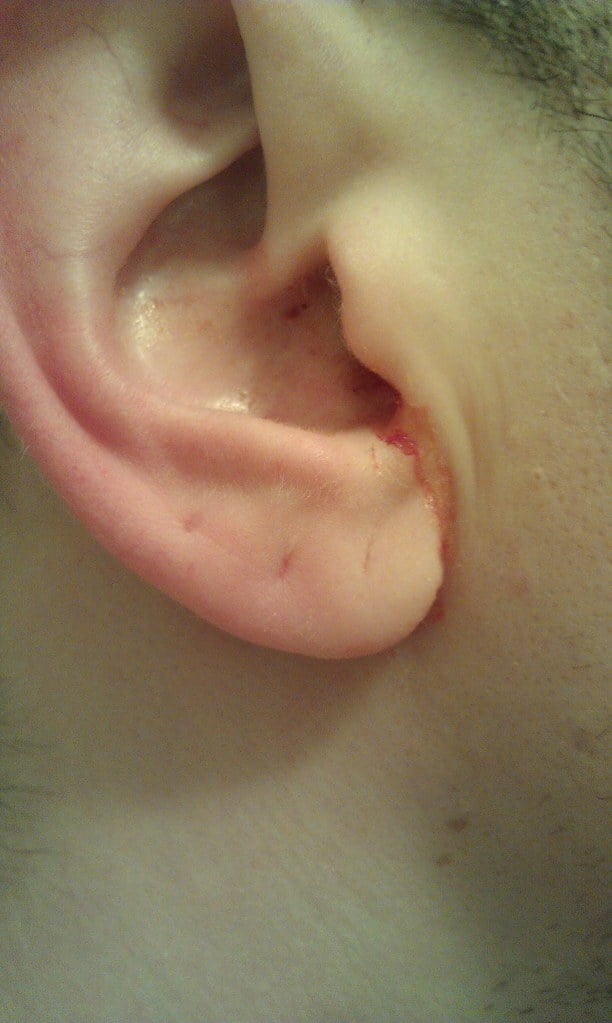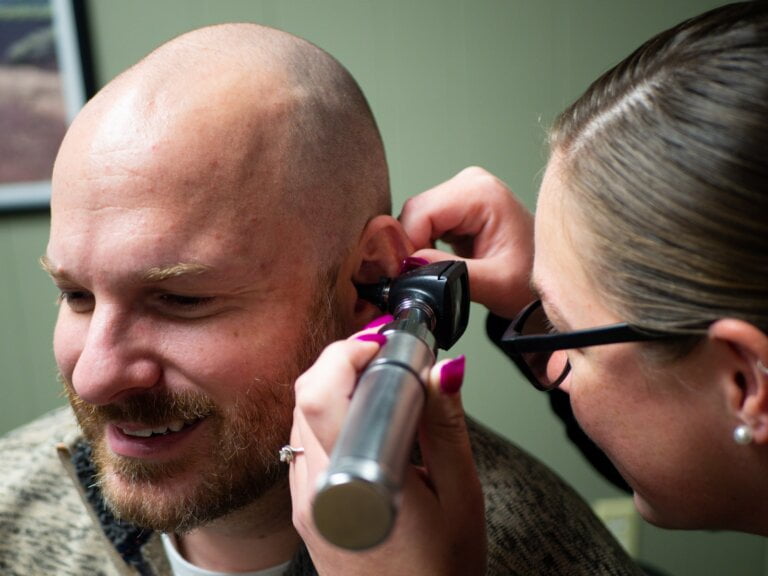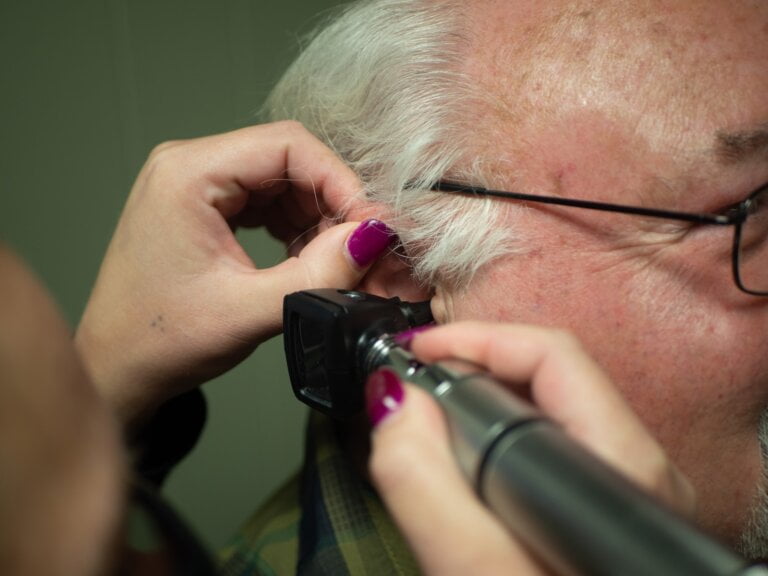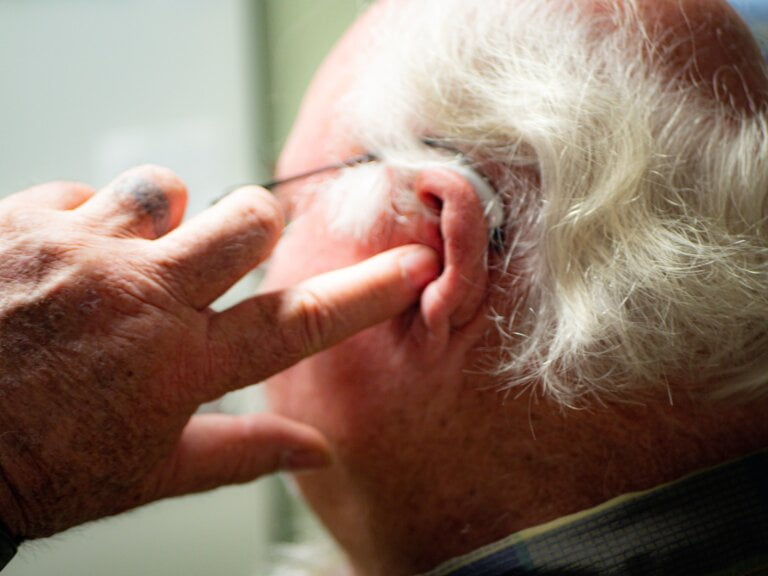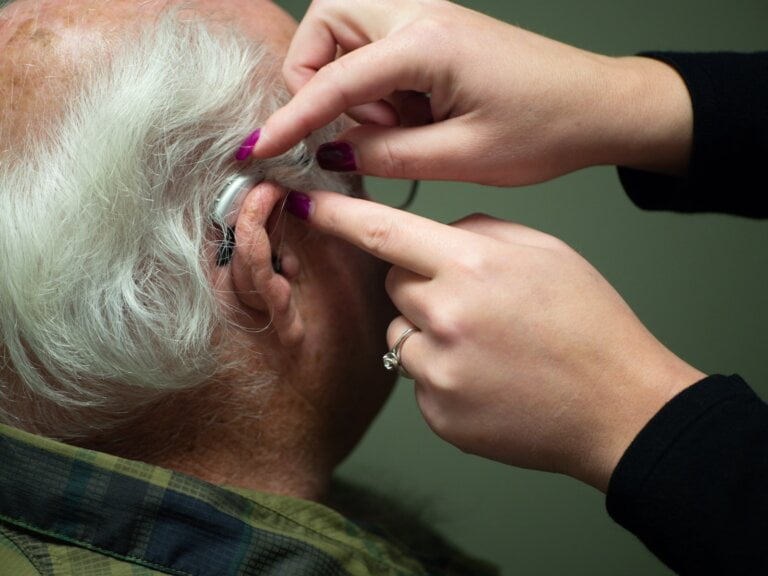Pioneering the Path: A Guide to Advanced Jobs in Microsuction
Last Updated on 3rd May 2024 by Admin
The field of microsuction is rapidly evolving, offering exciting career opportunities for individuals passionate about ear care and audiology. As technology continues to advance, so does the demand for skilled professionals who can perform advanced procedures with precision and expertise. In this guide, we will delve into the world of advanced jobs in microsuction, exploring the various roles, skills required, and the promising future that awaits those who choose this path.
Understanding Microsuction
Microsuction is a minimally invasive procedure used to remove excess earwax and debris from the ear canal. Unlike traditional ear cleaning methods, such as ear syringing, microsuction utilizes a suction device that enables safe and effective removal without the need for water irrigation. This technique has gained popularity due to its effectiveness, patient comfort, and reduced risk of complications.
Microsuction is a specialized field that requires specific skills and knowledge. Individuals who pursue advanced jobs in microsuction must have a deep understanding of ear anatomy and common ear conditions. They should be proficient in using microsuction equipment and tools, as well as possess excellent communication skills to educate patients about the procedure and aftercare.
1. Microsuction Specialist
A microsuction specialist is a highly trained professional who specializes in performing microsuction procedures. They play a crucial role in providing ear care services to patients, ensuring their comfort and safety throughout the procedure. Microsuction specialists conduct thorough assessments of patients’ ear conditions, determining the appropriate treatment plan, and executing the procedure with utmost precision.
To excel as a microsuction specialist, individuals must have a strong knowledge of ear anatomy, including the structures and functions of the ear. They should be familiar with common ear conditions, such as impacted earwax, foreign objects, and ear infections. This knowledge enables them to accurately diagnose and address patients’ concerns.
In addition to technical skills, microsuction specialists must possess excellent communication skills. They need to educate patients about the procedure, explaining the benefits, risks, and expected outcomes. Clear and effective communication is also essential during the post-procedure care and follow-up appointments, where microsuction specialists provide guidance on aftercare practices and monitor patients’ progress.
Microsuction specialists must pay meticulous attention to detail and perform delicate procedures with precision. They should be able to adapt to different ear conditions and address any unexpected complications that may arise during the procedure. Problem-solving skills are crucial in ensuring patient safety and achieving optimal results.
2. Microsuction Trainer and Educator
As the demand for microsuction services continues to grow, there is a need for qualified professionals to train and educate aspiring microsuction specialists. Microsuction trainers and educators play a vital role in ensuring the next generation of professionals receive comprehensive training in theoretical knowledge, practical skills, and best practices in microsuction.
Microsuction trainers and educators may work in various settings, including educational institutions, audiology clinics, or as independent consultants. They are responsible for developing training materials and curricula that cover all aspects of microsuction. These materials should provide a solid foundation in ear anatomy, the use of specialized tools and equipment, and the proper techniques for performing microsuction procedures.
Hands-on training sessions are an essential part of the educational process. Microsuction trainers and educators conduct these sessions to teach proper technique and equipment usage. They provide practical demonstrations and supervise trainees as they practice the procedures under their guidance. Evaluating trainees’ performance and providing constructive feedback is crucial in helping them improve their skills and ensure they meet the necessary standards.
Microsuction trainers and educators must stay updated with the latest advancements and research in microsuction techniques. This enables them to incorporate new knowledge into their training programs and ensure that aspiring microsuction specialists are equipped with the most current and effective techniques.
3. Researcher in Microsuction Technology
Advancements in technology continue to shape the field of microsuction, and researchers play a crucial role in exploring and developing new techniques and tools. Researchers in microsuction technology focus on studying the effectiveness of existing methods, identifying areas for improvement, and contributing to the development of innovative solutions.
Researchers in microsuction technology collaborate with universities, research institutions, or private companies dedicated to audiology advancements. Their key responsibility is to conduct experiments and clinical trials to evaluate the efficacy and safety of new techniques and devices. By analyzing data and interpreting results, researchers draw meaningful conclusions that contribute to the advancement of microsuction technology.
Collaboration with other researchers and professionals is essential in the field of microsuction technology. By exchanging knowledge and ideas, researchers can further enhance their understanding of the subject and collectively work towards improving microsuction techniques. Publishing research findings in scientific journals and presenting at conferences allow researchers to share their work with the audiology community and contribute to the overall body of knowledge.
Researchers in microsuction technology also play a role in the development of patents and intellectual property related to microsuction. Their innovative contributions may lead to the creation of new tools, devices, or methods that revolutionize the field and benefit both professionals and patients.
The Future of Advanced Jobs in Microsuction
As healthcare continues to evolve, the demand for advanced procedures like microsuction is expected to increase significantly. This growth presents numerous opportunities for career advancement and specialization in the field of audiology. Furthermore, technological advancements, such as the integration of artificial intelligence and robotics, may further revolutionize microsuction techniques, creating new avenues for professionals to explore.
In conclusion, advanced jobs in microsuction offer individuals a rewarding career path that combines technical expertise, patient care, and a commitment to ear health. Whether pursuing a career as a microsuction specialist, a trainer and educator, or a researcher in microsuction technology, the field promises exciting challenges and opportunities for growth. Aspiring professionals can embark on this pioneering path, making a significant impact on ear care and contributing to the advancement of audiology as a whole.
FAQ
1. What is microsuction?
Microsuction is a minimally invasive procedure used to remove excess earwax and debris from the ear canal. It involves using a suction device instead of water irrigation for safe and effective removal.
2. What skills are required to become a microsuction specialist?
To become a microsuction specialist, individuals must have a strong knowledge of ear anatomy, common ear conditions, and be proficient in using microsuction equipment. Excellent communication skills are also necessary to educate patients and provide post-procedure care.
3. What is the role of a microsuction trainer and educator?
Microsuction trainers and educators are responsible for training aspiring microsuction specialists. They develop training materials, conduct hands-on sessions, and provide feedback to improve trainees’ skills and ensure they meet the necessary standards.
4. What do researchers in microsuction technology do?
Researchers in microsuction technology focus on studying existing methods, developing new techniques and tools, and conducting experiments to evaluate efficacy and safety. They collaborate with other professionals, publish research findings, and contribute to advancements in the field.

